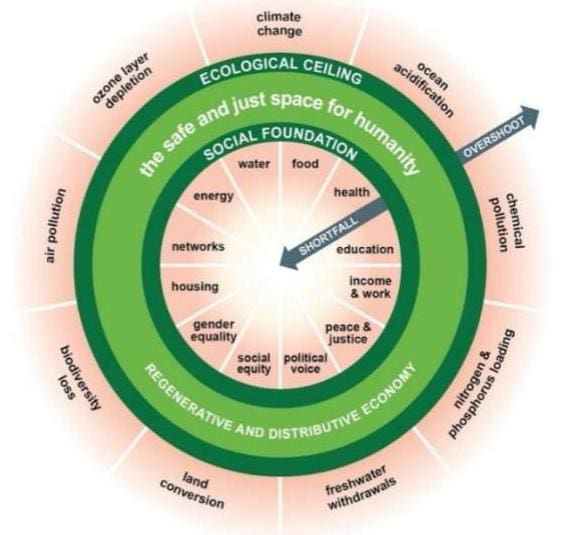How do entrepreneurs design their businesses to help meet the needs of all people meet the needs of people without harming the planet? This was the subject at our latest Environment Talks, where Circular Start Up participants discovered Doughnut Economics with Erinch Sahan, Business & Enterprise Lead at DEAL.
Here are some of our key takeaways from the session:

Image credit: Doughnut Economics Action Lab
What is Doughnut Economics?
Doughnut Economics is a compass for human prosperity in the 21st century. It utilises a visual framework for sustainable development, combining the concept of planetary boundaries and the resources needed to fulfil humanity’s basic needs, creating a safe operating space for humanity, without placing stress on the earth’s resources
A shift in mindset
To achieve this, Doughnut Economics proposes a new mindset that’s fit for the current climate crisis, where instead of continuing to use degenerative and divisive models of the 20th century, humanity embraces regenerative and distributive business models instead.
What happens when business meets Doughnut Economics?
To reorientate business and economics to deliver more prosperous lives, while remaining within the planetary boundaries, organisations will fundamentally transform their operations by embracing practices like zero-waste production, the circular economy, paying a living wage, or sharing decision-making with workers. Some of the best examples are when regenerative and distributive practices come together, like communities creating renewable energy cooperatives to achieve affordable, renewable energy.
How do we redesign business for Doughnut Economics?
To follow the Doughnut, organisations need to innovate and redesign their approach to growth, by harnessing deep design as a tool to innovate new ways of thinking.
Deep design thinking exercises support you to:
- Design to align processes with the purpose
- Design to enable partnerships and engage stakeholders
- Design to lock in legacy and protect mission
- Design to channel investment into bold ideas
Activity:
Practice this deep design brainstorming process to enable BOLD solutions across the business model.
- Purpose – What does it look like if you write your business’ desired purpose from a Doughnut rather than a financial perspective?
- Networks – How do you achieve long-term committed partnerships with other suppliers and other commercial partners? How do you and your network drive transformation?
- Governance – How will your governance navigate trade-offs between ecological, social and financial goals? Who is on your board and who represents the planet?
- Ownership – What expectations do owners have for the ecological, social and financial performance of the business? Which stakeholders should become part owners? How should voting rights be distributed?
- Finance – Should margins adapt to encourage bold ideas? How can reinvestment be enabled? What is a fair return for investors?
Thank you to DEAL and Erinch Sahan for sharing your expertise with our entrepreneurs.
Want to stay connected to an entrepreneurial community that strives for a circular economy? Learn more about what we offer at Impact Hub King’s Cross through coworking, startup programmes and partnerships.

